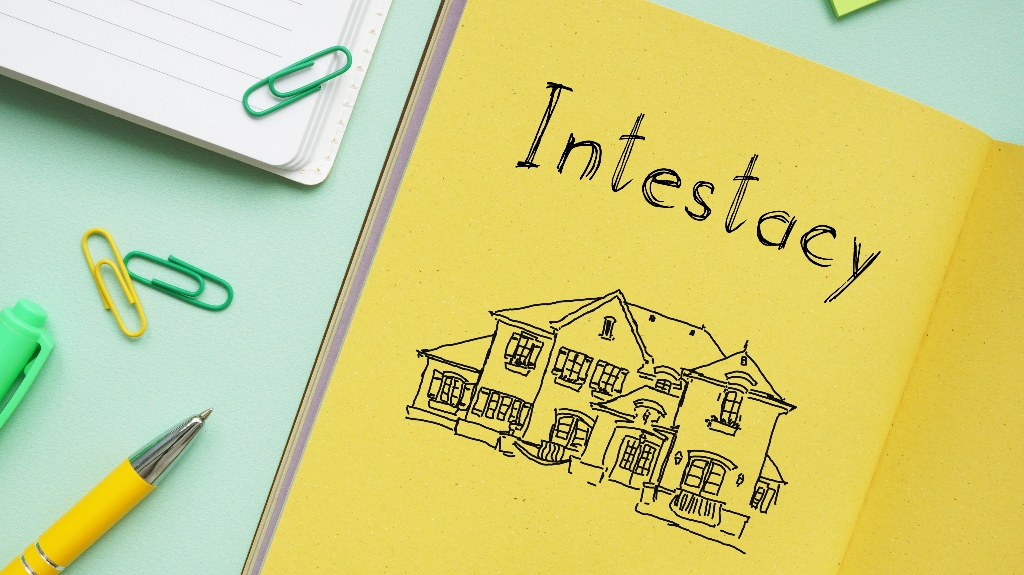
In Louisiana, if a person passes away without a valid Last Will and Testament, they are considered to have died intestate. This means that their estate will be handled according to the state’s intestate succession laws. In Louisiana, the instate rules distribute a person’s assets to various relatives, starting with the deceased’s children and spouse and extending to other descendants.
Louisiana’s Intestacy Laws
The application of Louisiana’s intestate laws typically depends on two factors:
- Whether the deceased’s property is considered separate property or community property
- The relationship degree of each family member to the decedent
Community Versus Separate Property
If your family member dies without a Will, their property will be classified into two categories: community property and separate property. Community property generally refers to all the assets obtained during the marriage and owned jointly by both spouses, whereas separate property includes everything else.
Community Property
If the decedent is survived by their children, in most situations, the children will become co-owners of the community property with the surviving spouse. However, if there are no children, the spouse may end up owning the property.
Separate Property
If the decedent has separate property, under state laws, the property will go to their heirs in the following order:
- The decedent’s descendants
- The decedent’s siblings
- The decedent’s parents
- The decedent’s surviving spouse
- The decedent’s ascendants, such as their grandparents
- Other relatives
What Are the Children’s Shares?
In Louisiana, if a person passes away and does not have a Will, their loved ones will receive an “intestate share” of the property. However, the size of these shares will depend on how many children there are and whether the deceased was married.
Furthermore, for children to be able to inherit under Louisiana’s laws, the state will also need to consider whether they are the deceased’s legal children. To clarify what this means, consider the following:
- An adopted child will receive an intestate share, just as a biological child would
- A foster child and stepchildren will not automatically receive a share if they were not legally adopted
- Children who were placed up for adoption by the decedent and were legally adopted are entitled to an intestate share of the estate
- Any children born during a marriage with the decedent are assumed to be the decedent’s children and will receive a share of the estate
- Any child conceived by the deceased but not born before their death will receive a share
- A grandchild can receive a share of the estate only if their parents (the decedent’s children) are not alive to receive their share
Determining who will inherit assets and belongings can be a complex process. If you have any questions about how it works or what will happen if you pass away without a Will, consider speaking to an experienced Louisiana estate planning attorney.
Contact Losavio & DeJean, LLC Today for More Information About Estate Planning
If you want to create an estate plan in Louisiana or want further information about what happens when you do not have a Will, contact Losavio & DeJean, LLC today and let our legal team provide the guidance and clarification you need to make informed decisions regarding your estate and future.

